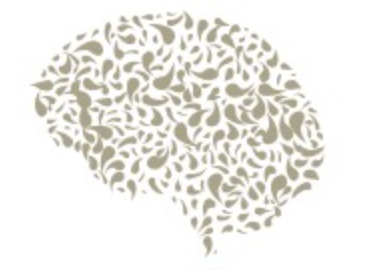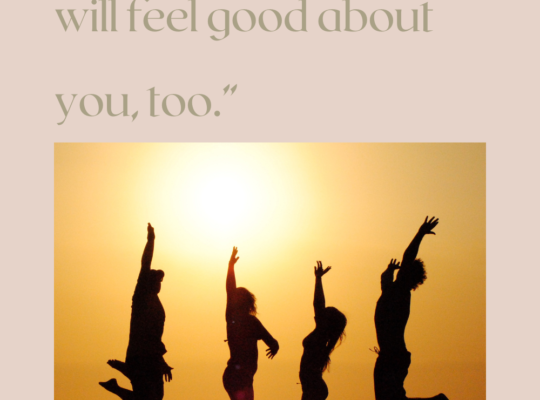
Relationships should be built on trust, respect, and communication. But sometimes, certain behaviors pop up that give us a gut feeling something’s off. These are relationship red flags—warnings that something isn’t right, and they shouldn’t be ignored. Understanding what these red flags look like can save you from emotional pain and long-term harm.
Relationship Red Flags: Lack of Respect for Boundaries
One of the first red flags in any relationship is when your boundaries aren’t respected. It could be as simple as constantly texting you when you’re at work or pushing you into situations you’re not comfortable with. Healthy relationships require mutual respect for personal space, both physically and emotionally.
Psychological Insight: According to Psychology Today, boundary violations can lead to anxiety, loss of self-esteem, and emotional exhaustion. Setting clear boundaries is a must to maintain your mental health. Don’t ignore it if someone repeatedly crosses them.
Relationship Red Flags: Dishonesty
Honesty is the foundation of any good relationship. If your partner constantly lies—whether it’s about big issues or small ones—it’s a major red flag. Dishonesty can break down trust and lead to emotional distress, making it hard to feel secure in the relationship.
Research Insight: According to APA, consistent dishonesty can damage the emotional bond between partners, leaving lasting scars. The attachment theory explains how trust is built over time, and dishonesty can erode that trust permanently.
Relationship Red Flags: Controlling Behavior
Controlling behavior is a huge red flag. If your partner tries to dictate where you go, who you hang out with, or what you wear, it’s a problem. Relationships should feel supportive, not stifling.
Psychological Impact: Dr. Susan Forward warns that controlling behaviors are often linked to emotional abuse. It creates an imbalance of power, making one partner feel powerless and isolated. Healthy relationships are about partnership, not control.
Relationship Red Flags: Constant Criticism
Constant criticism can seriously harm your self-esteem. If your partner is always pointing out your flaws or belittling your opinions, it’s not just a disagreement—it’s emotional abuse. Everyone deserves to feel loved and accepted for who they are.
Psychological Insight: Dr. John Gottman identifies constant criticism as one of the “Four Horsemen” of relationship breakdowns. It leads to resentment and emotional damage. It’s crucial to communicate your needs without tearing each other down.
Relationship Red Flags: Emotional Manipulation
Emotional manipulation is subtle but harmful. Gaslighting, guilt-tripping, or using your emotions against you are all forms of manipulation. A partner who does this makes you doubt your reality and feel responsible for their emotions.
Cognitive dissonance theory explains that when someone manipulates your emotions, you can feel confused and unsettled. In a healthy relationship, both partners should feel free to express themselves without fear of manipulation.
Relationship Red Flags: Jealousy and Possessiveness
A little jealousy is normal, but if your partner is excessively jealous or possessive, that’s a serious red flag. If they control who you talk to or get upset when you hang out with friends, it shows a lack of trust. This can quickly turn into emotional abuse.
Dr. David Buss, a psychologist who studies jealousy, points out that unchecked jealousy can lead to toxic behavior. It breeds insecurity and emotional distress, which can severely damage the relationship.
Relationship Red Flags: Isolation from Friends and Family
A partner who tries to isolate you from your loved ones is not looking out for your best interests. Relationships thrive when both partners have a healthy support system. If they discourage you from seeing family or friends, it’s a major red flag.
Psychological Impact: Dr. Julianne Holt-Lunstad found that strong social support networks contribute to better mental health and relationship satisfaction. Isolation increases dependence on one person, which can become emotionally damaging.
Relationship Red Flags: Lack of Accountability
If your partner never takes responsibility for their actions, it’s a big red flag. Accountability is key in any relationship. When someone refuses to admit when they’re wrong, it leaves the other person feeling unheard and unimportant.
Dr. Harville Hendrix emphasizes that accountability leads to personal growth and healthier relationships. A partner who owns their mistakes fosters trust and mutual respect.
Recognizing Red Flags and Moving Forward
Recognizing relationship red flags early is crucial to protecting your emotional well-being. It’s easy to get caught up in the excitement of a new relationship, but trust your instincts. If you see signs of dishonesty, controlling behavior, or emotional manipulation, it’s time to have a serious conversation—or, in some cases, walk away.
Remember, you deserve a relationship where you feel safe, respected, and valued. Don’t ignore the red flags. If you’re unsure about what to do, seeking advice from a therapist or counselor can help.
If you’ve spotted some of these red flags in your relationship, take a step back and evaluate whether it’s the right fit for you. Don’t be afraid to seek professional help if needed—your mental health matters.
Resources:
- Psychology Today: Boundaries in Relationships
- APA: The Impact of Dishonesty on Relationships
- The National Domestic Violence Hotline







“Absolutely phenomenal work! The way you’ve broken down this complex topic while maintaining depth is impressive. Your expertise and research quality are evident throughout.”